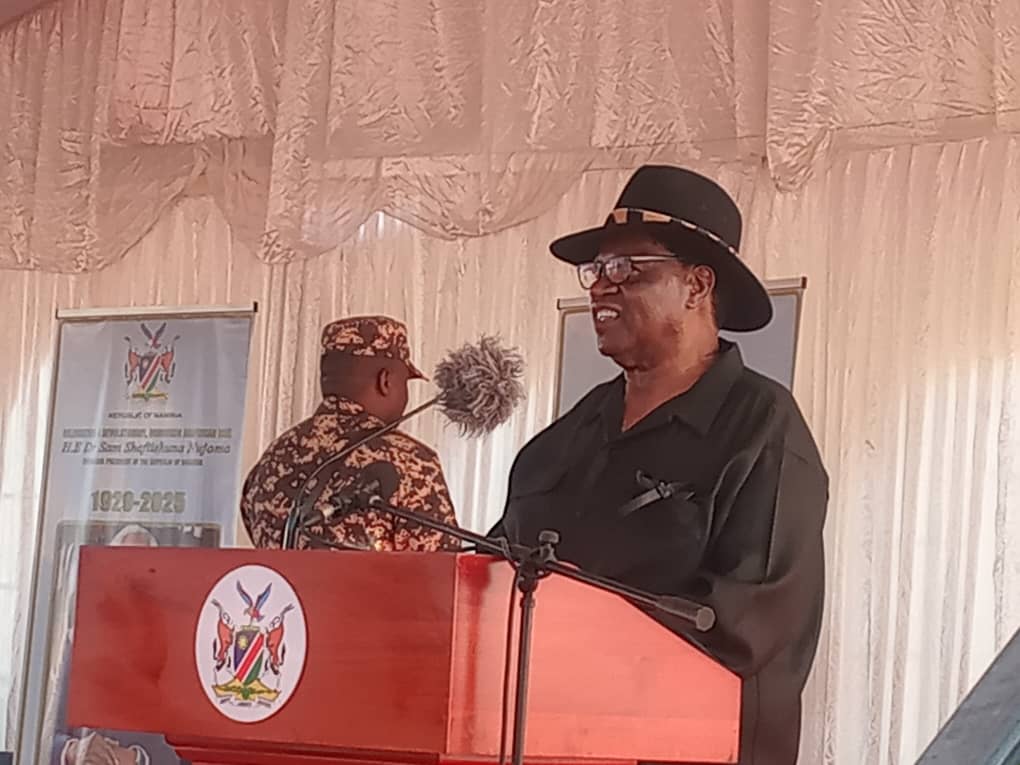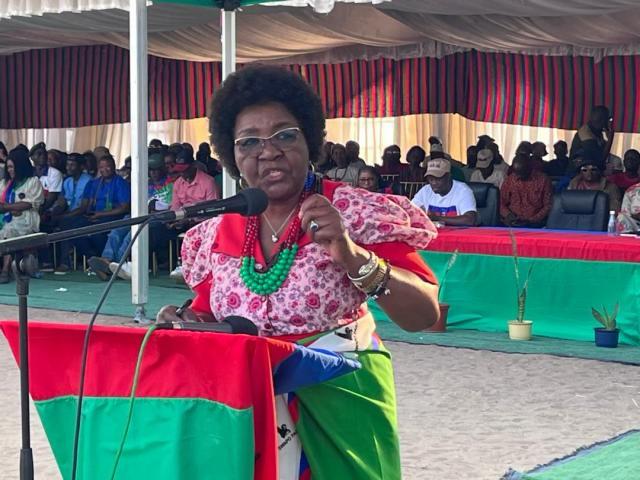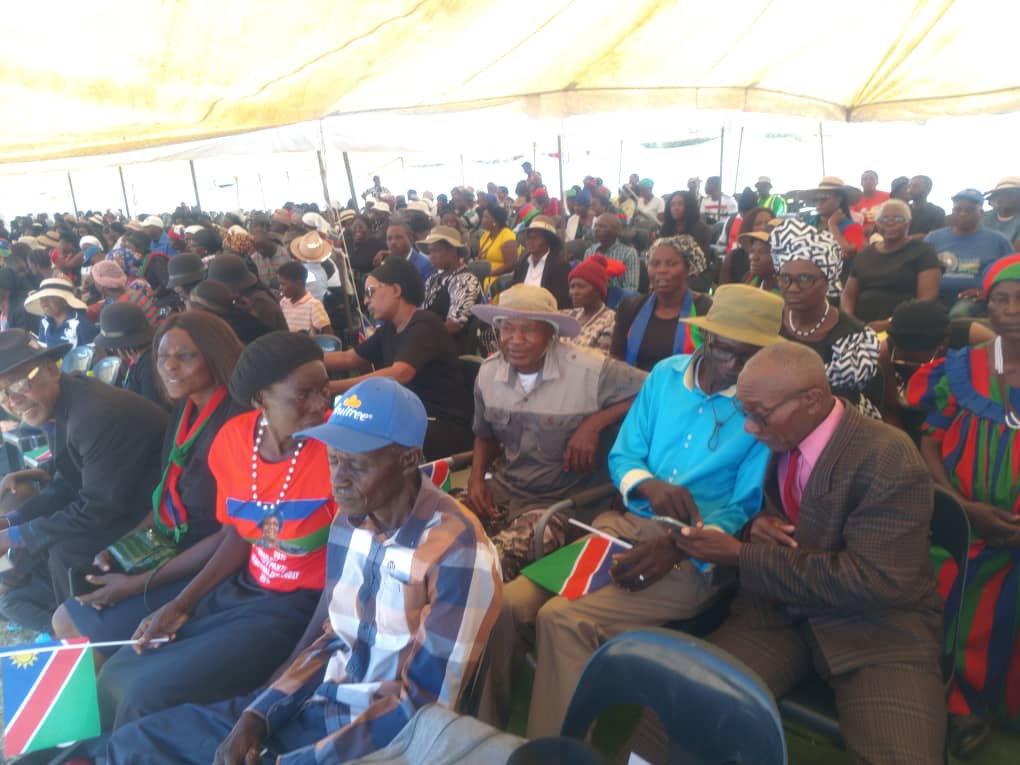President William Ruto’s finance bill 2024, tabled in parliament for passage yesterday, contains punitive taxes poised to dent the progressive strides made towards bolstering much-needed intra-Africa trade.
More specifically, it threatens the efforts to enhance and strengthen trade and investments between Kenya and Namibia.
Fresh data by auditing firm KPMG Kenya has shown that the bill, once assented to by Ruto and becoming effective by 1 July, is expected to impact both Namibian and Kenyan importers and exporters, manufacturers, air travellers, banking and money transfer chains, and digital marketplaces.
For instance, the bill proposes to increase the rate of import duty from 2,5% to 3% of the customs value of imported goods, payable by the importer at the time of entering the goods for home use.
This comes barely one year after the rate was reduced from 3,5% to 2,5%. The increase is expected to raise the cost of importing Namibian products into the country.
The bill also proposes to introduce the eco levy on select locally manufactured and imported goods. This is the introduction of yet another levy after the Finance Act of 2023 introduced the export and investment promotion levy.
For locally manufactured goods, the eco levy is payable to the commissioner by the manufacturer at the time the goods are removed from the excise stock room. However, the majority of the goods subject to the levy are not excisable and hence there may be challenges in implementation.
For imported goods, the levy is payable by the importer at the time the goods are entered for home use. It is not yet clear whether the monies collected will be utilised in remedying the stated negative environmental impacts, or how.
The levy chiefly targets technology infrastructure, products and services. It is likely to result in a rise in costs. It could negatively affect Kenya’s reputation as ‘Africa’s Silicon Valley’, which sister countries such as Namibia have been seeking to partner with to extract knowledge and skills to advance their own information and communication technology (ICT) sector.
Concerning the export and investment promotion levy (EIPL), the Finance Act of 2023 introduced the EIPL on select goods imported into the country for home use.
The stated purpose of the levy was to provide funds to boost manufacturing, increase exports, create jobs, save on foreign exchange and promote investments.
However, the finance bill of 2024 proposes to delete the entire third schedule as introduced by the Finance Act and in its place introduce a new schedule of items to be subject to an export and investment promotion levy.
The proposal would see more imported items added to the scope of the levy. Despite the expanded scope of products subject to the levy, the bill contains no proposals regarding exemption from the levy.
There is also a proposal to introduce a monthly penalty for export processing zone enterprises that fail to submit tax returns as required under the Income Tax Act. This could affect Namibian companies interested in establishing export companies in Kenya.
Additionally, the hiring, leasing and chartering of aircraft, excluding helicopters of tariff from exempt to 16%, would destroy many years of efforts to establish independent direct flights from Nairobi to Windhoek to ease logistic challenges.
Namibians working or buying remotely, using Kenyan infrastructure, would also be impacted, since the bill proposes a digital marketplace fee.
The opinion poll conducted by Infotrak Research between 25 May and 29 May indicated that 77% of Kenyans believe the finance bill would not have a positive impact on the economy and a paltry 13% said it would have a positive impact.
However, Ruto’s ruling coalition, a majority in the parliament, is adamant to shelve the opinions of the majority of Kenyans to pass the unpopular bill.
I therefore add my voice and call upon Kenyan parliamentarians to reject the punitive bill.
- Elvis Mboya is the founder and ambassador of the Namibia-Kenya Chamber of Commerce; X@KenyaNamibia.
Stay informed with The Namibian – your source for credible journalism. Get in-depth reporting and opinions for
only N$85 a month. Invest in journalism, invest in democracy –
Subscribe Now!










